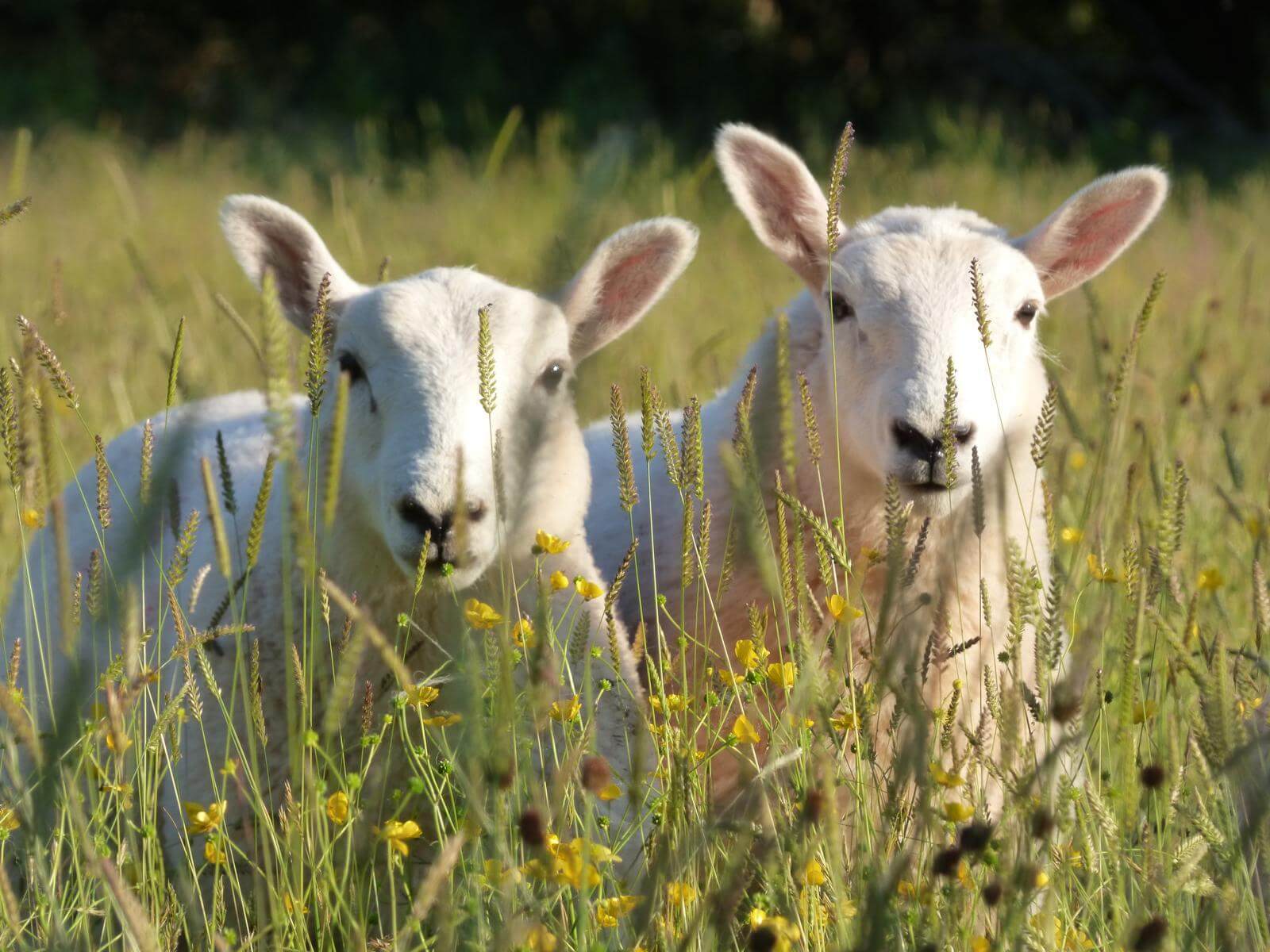News
More proactive approach needed to tackle sheep wormer resistance
26 September 2024

Survey data shows that only one in five sheep farmers are currently following SCOPS advice and incorporating a newer group 4 or 5 wormer active into their annual programme, raising industry wide concerns about the rate at which wormer resistance is continuing to develop.
Wormer resistance presents a significant threat to the UK sheep sector and the industry has been calling for urgent action to address the problem so that effective worm control options remain available in the future.
A crucial part of current recommendations is for all flocks to introduce a newer wormer active. While the majority of farmers surveyed – 87 percent – are taking some practical steps to slow down or prevent resistance to the older group 1, 2 or 3 wormers, only 19 percent of farmers surveyed have taken this important action.
The data indicates that this may be, in-part, due to farmers believing that they are unaffected by resistance, with 59 percent having not tested for wormer resistance and 54 percent not checking the efficacy of their wormer post-treatment.
Matt Colston, ruminant technical consultant at Elanco, explains that regardless of a farm’s current resistance status, SCOPS advice is to use a newer group 4 or 5 wormer for lambs during the mid-late season, and as a quarantine dose for all incoming sheep.
“Overuse of any wormer group will increase the rate at which resistance develops to that group. Strategically introducing a group 4 wormer, before there is a visible problem, is therefore vital,” he says.
“Updating your worm control plan to include the use of the group 4 wormer, Zolvix™, for lambs in the latter part of the grazing season, will help slow the development of resistance to the older wormers, while clearing out any resistant worms that may be compromising lamb growth and performance"
“When used as a quarantine treatment, Zolvix will minimise the risk of resistant worms being brought onto the farm,” explains Mr Colston.
The survey showed that for those already using Zolvix, half use it as quarantine treatment and 42 percent use it as a mid-late season break dose for lambs, when best practice would be for all farms to include it at both of these key points.
Waiting until there is an visible resistance issue to any wormer group leaves little room for manoeuvre when it comes to managing the worm challenge, and Mr Colston emphasises the importance for all sheep farmers of following the advice from SCOPS (www.scops.org.uk).
“The results suggest that a significant proportion of farmers are unknowingly feeding wormer resistance, and if we want healthy, productive sheep and profitable sheep farms in the future, this is something that we must work harder to change”.

